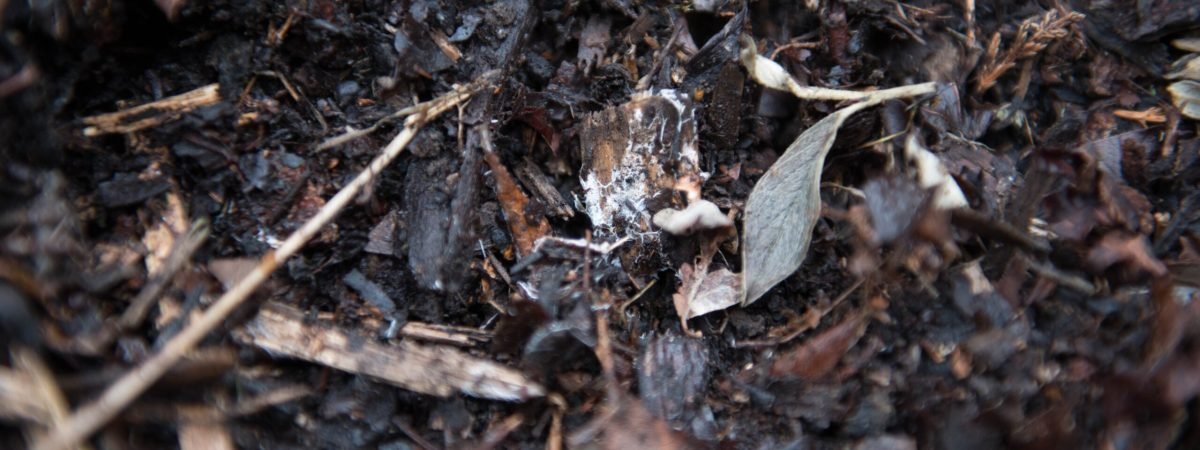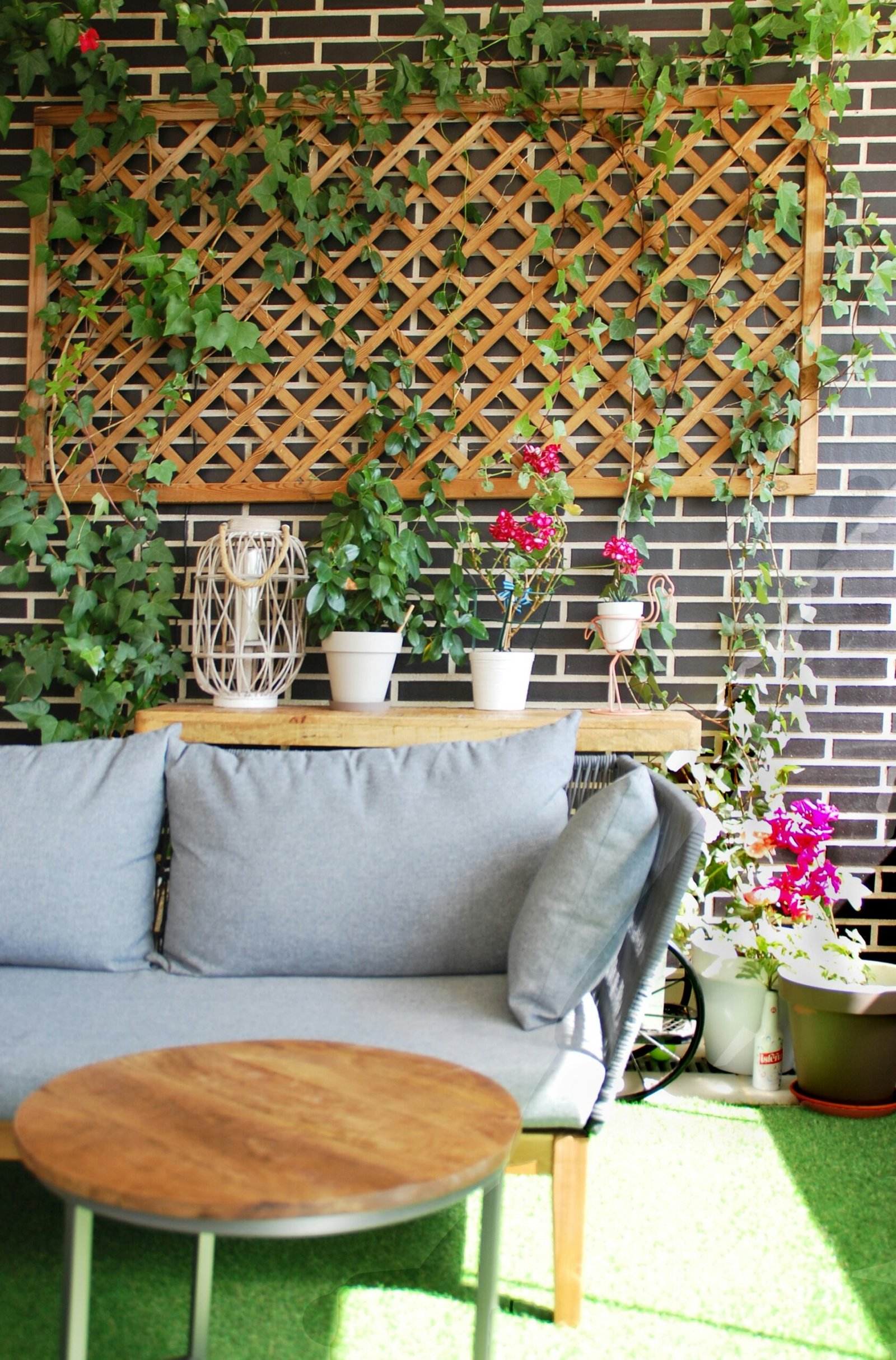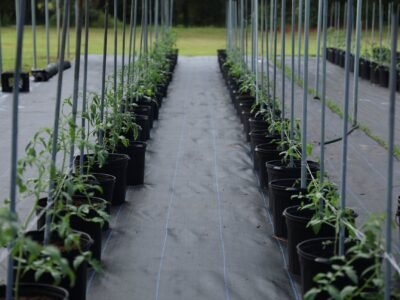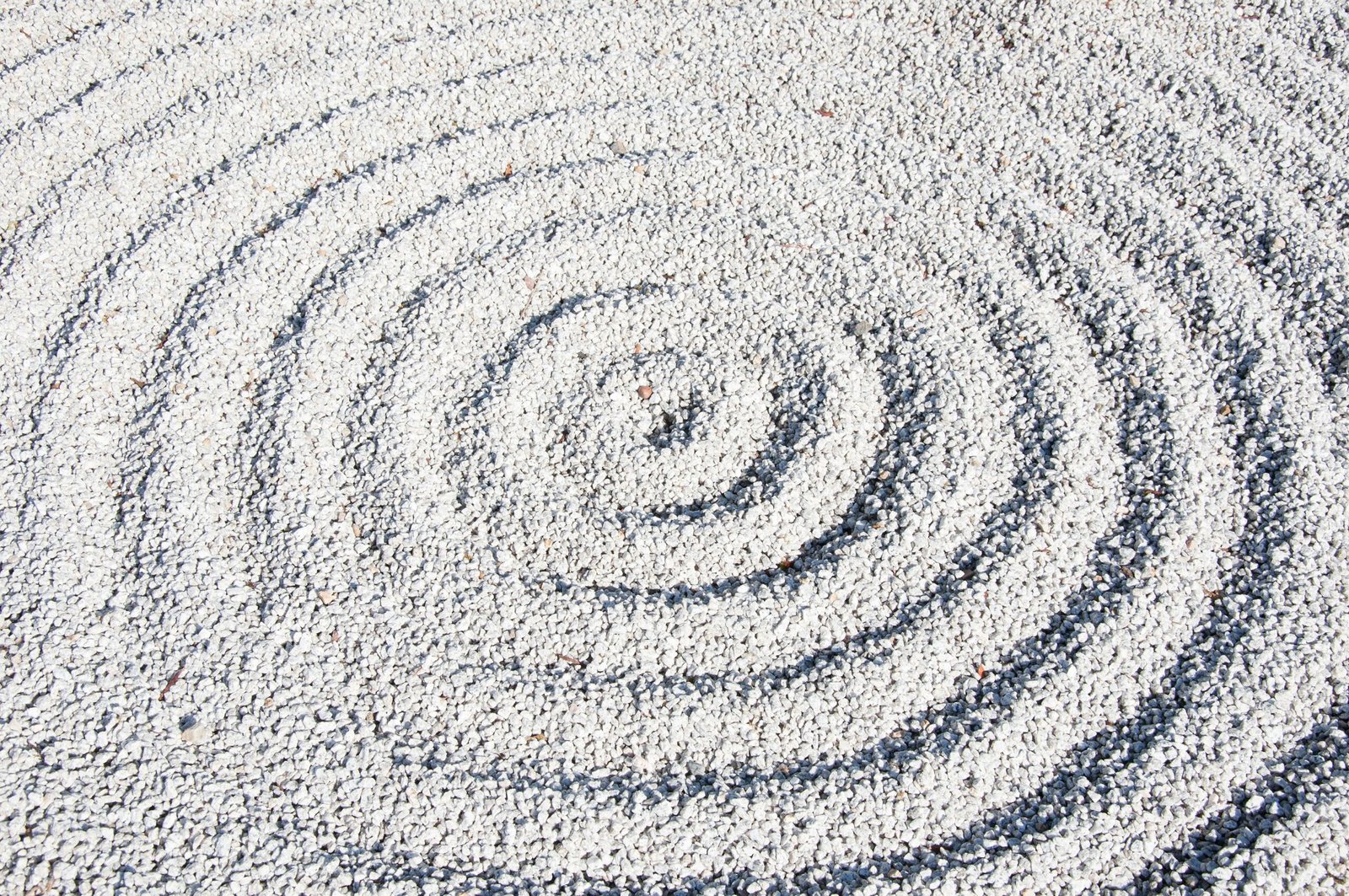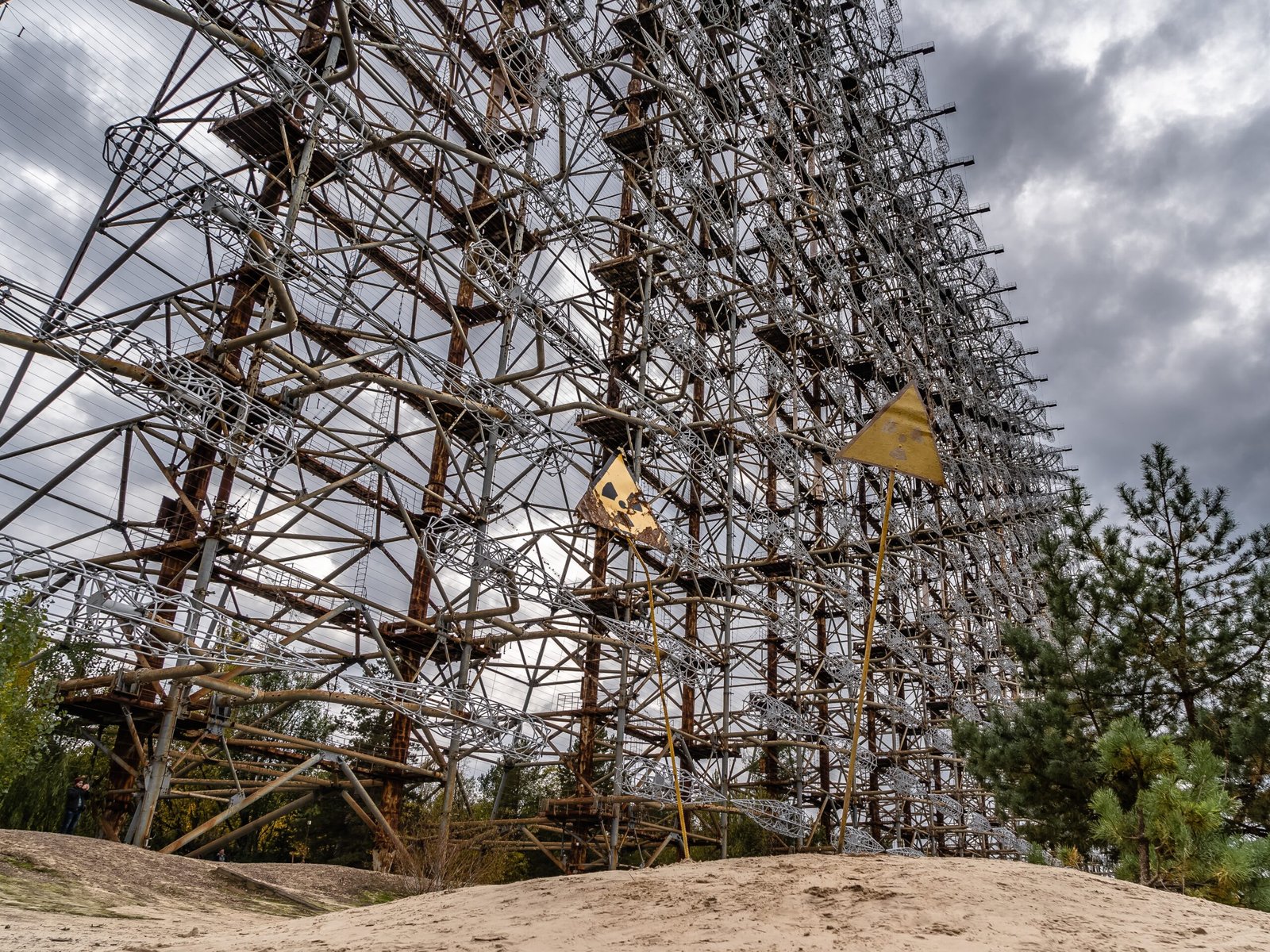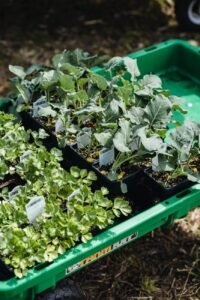Composting is a simple and rewarding process that allows you to turn your kitchen scraps and yard waste into nutrient-rich soil. Not only does it help reduce the amount of waste that goes to landfills, but it also provides you with a free and sustainable source of fertilizer for your garden. In this article, we will explore the joy of composting and how you can get started.
Why Compost?
Composting offers numerous benefits for both the environment and your garden. By composting your organic waste, you can divert it from landfills, reducing methane emissions and the need for chemical fertilizers. Additionally, composting enriches the soil, improving its structure, water-holding capacity, and nutrient content.
Compost is a natural soil conditioner that helps plants grow stronger and healthier. It provides a balanced mix of essential nutrients, such as nitrogen, phosphorus, and potassium, as well as micronutrients that are vital for plant growth. The organic matter in compost also acts as a sponge, retaining moisture and reducing the need for frequent watering.
Getting Started with Composting
Starting your own compost pile or bin is easier than you might think. Here are some steps to help you get started:
1. Choose a Composting Method
There are several composting methods to choose from, depending on your available space and preferences. The most common methods include:
- Backyard composting: This is the traditional method of composting, where you create a pile or heap in your backyard. It requires a designated area and regular turning of the pile to ensure proper decomposition.
- Compost bins: These are enclosed containers that help contain the compost and speed up the decomposition process. They are a great option for small yards or urban areas.
- Worm composting: Also known as vermicomposting, this method uses worms to break down organic waste. It is ideal for those with limited space or who want to compost indoors.
2. Collect Organic Waste
Collect a variety of organic waste materials to create a balanced compost mix. This includes fruit and vegetable scraps, coffee grounds, tea leaves, eggshells, yard trimmings, and shredded paper. Avoid adding meat, dairy, or oily foods, as they can attract pests and slow down the composting process.
3. Build Your Compost Pile
Layer your organic waste materials with dry materials, such as leaves, straw, or shredded newspaper, to create a well-balanced compost pile. Aim for a ratio of roughly three parts brown materials (carbon-rich) to one part green materials (nitrogen-rich). This balance ensures proper decomposition and prevents odors.
4. Maintain and Turn Your Compost
Regularly monitor your compost pile to ensure it stays moist but not overly wet. If it becomes too dry, add water; if it becomes too wet, add dry materials. Turning your compost every few weeks helps aerate the pile, speeding up the decomposition process. Within a few months to a year, depending on the method and conditions, you will have rich, dark compost ready to use in your garden.
Tips for Successful Composting
Here are some additional tips to help you achieve successful composting:
- Chop or shred larger organic materials to speed up decomposition.
- Avoid adding weed seeds or diseased plants to your compost pile, as they may survive the composting process and spread in your garden.
- Keep your compost pile covered to retain moisture and heat.
- Consider using a compost thermometer to monitor the temperature of your pile. The ideal temperature for composting is between 120-160°F (49-71°C).
- Use finished compost as a top dressing for your garden beds, mix it into potting soil, or create compost tea to nourish your plants.
Conclusion
Composting is a fulfilling and sustainable practice that allows you to transform your waste into valuable soil amendment. By following the simple steps outlined in this article, you can start composting and reap the benefits of nutrient-rich soil for your garden. Embrace the joy of composting and contribute to a greener, healthier planet.

